Scientific Resources
-
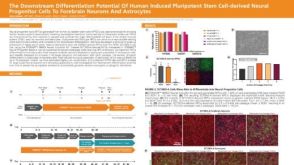 科学海报The Downstream Differentiation Potential of Human Induced Pluripotent Stem Cell-Derived Neural Progenitor Cells to Forebrain Neurons and Astrocytes
科学海报The Downstream Differentiation Potential of Human Induced Pluripotent Stem Cell-Derived Neural Progenitor Cells to Forebrain Neurons and Astrocytes产品类型:
Cell Culture Media and Supplements
Conference:
SfN 2023
-
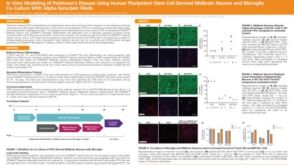 科学海报In Vitro Modeling of Parkinson’s Disease Using Human Pluripotent Stem Cell-Derived Midbrain Neuron and Microglia Co-Culture with Alpha-Synuclein Fibrils
科学海报In Vitro Modeling of Parkinson’s Disease Using Human Pluripotent Stem Cell-Derived Midbrain Neuron and Microglia Co-Culture with Alpha-Synuclein Fibrils产品类型:
Cell Culture Media and Supplements
Conference:
SfN 2023
-
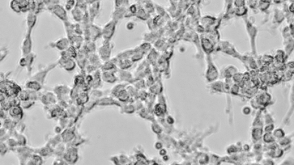 协议How to Co-Culture Human Airway Epithelial and Immune Cells for RSV Infection
协议How to Co-Culture Human Airway Epithelial and Immune Cells for RSV Infection产品类型:
Cell Culture Media and Supplements
研究方向:
免疫,呼吸系统研究,感染性疾病(传染病)

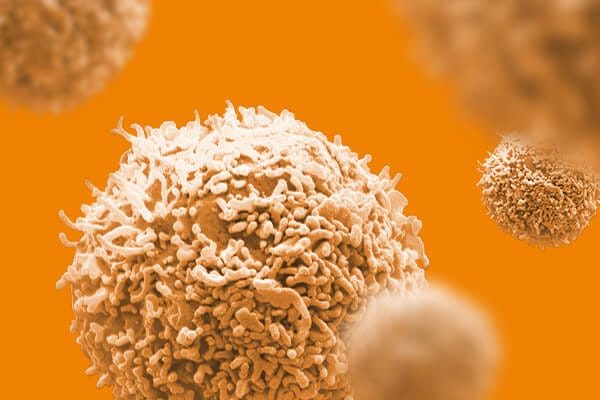
 EasySep™小鼠TIL(CD45)正选试剂盒
EasySep™小鼠TIL(CD45)正选试剂盒
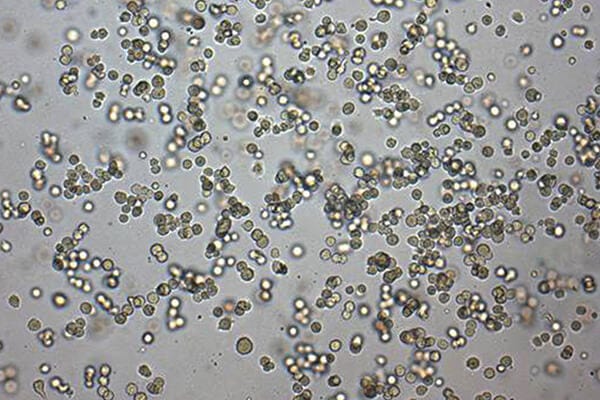
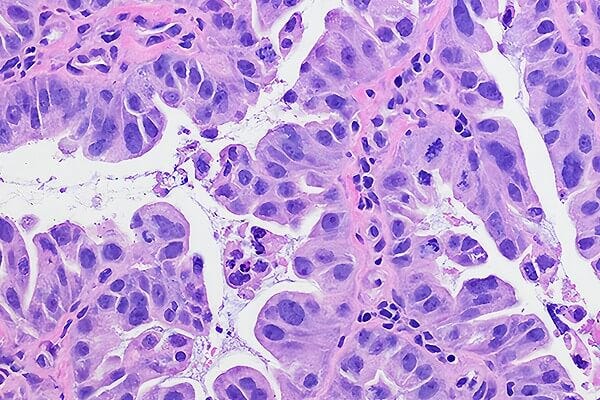


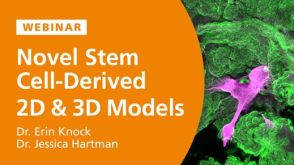
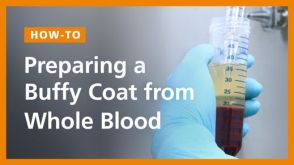
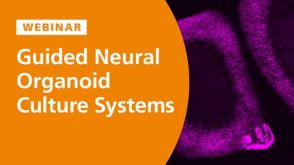







 沪公网安备31010102008431号
沪公网安备31010102008431号